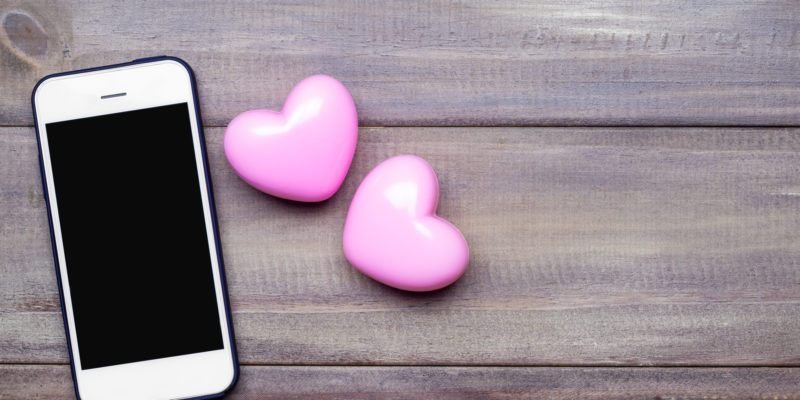A smartphone that can help to detect heart conditions is now being trialled across 15 A&E departments around the UK, following the publication of a study revealing that this kind of technology is in fact five times more effective at diagnosing certain problems than standard tests.
According to the BBC, the device – which can cut the cost of diagnosis significantly – works by recording someone’s heartbeat at home when their symptoms are present, with the ECG result then accessed by a doctor who can interpret the results.
Approximately 300,000 people each year go to hospital with heart palpitations. These are often not serious but they can sometimes be caused by underlying heart rhythm disorders like atrial fibrillation, which can lead to strokes.
Edinburgh Royal Infirmary’s Dr Matthew Reed and lead author of the study explained that for anyone experiencing harmless palpitations, the smartphone ECG can provide quick reassurance, while for those with serious heart conditions it can serve as a very real lifesaver.
“We’ve shown that this device is an easy, cheap way to diagnose heart rhythm problems which usually see people attending emergency departments several times before they’re diagnosed … We are now calling for this technology to be rolled out in emergency departments across the country,” he went on to say.
After 90 days of the trial, it was found that the device helped doctors diagnose 56 per cent of patients in 9.5 days on average. The technology also succeeded in cutting the costs of diagnosis from £1,395 to £474, it was found.
Of course, this isn’t the only way that smartphones are being put to excellent use in the healthcare sector. According to the Independent, Smart Peak Flow has just been developed which is a smart asthma detector that plugs into a smartphone through its headphone jack – and which can help predict a potential attack up to seven days in advance.
If someone is considered to be at risk of an asthma attack, the accompanying app will then recommend what to do and where to seek help, with an option included to share the results with a carer or doctor.
And a new Imperial College London study, published at the end of January, has suggested that healthcare apps could be used to make hospitals safer by making important medical information more easily available, which could result in greater quality of care and more efficient workflow.
For example, it could help identify patients in a deteriorating condition to reduce the number of preventable deaths in England by collating medical information so it’s stored in one place that’s easy to access, so healthcare professionals have the data they need at their fingertips.
Do you need help with the repackaging of pharmaceutical products? Get in touch with us today to find out what we can do for you.

